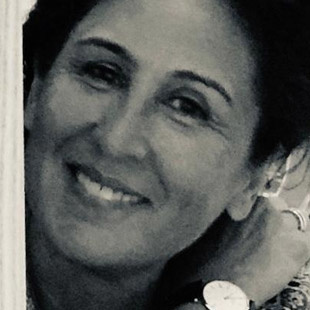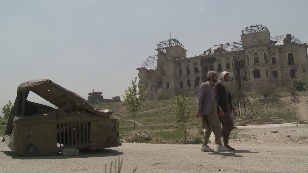
Gulya Mirzoeva
Career
After studying literature in Moscow, she collaborated with various literary magazines and made her first documentaries for Tajikfilms Studios and Russian television. In France she made documentary films co-produced by France Télévisions and Arte.
Filmography
2
In late December 1979 thousands of Soviet troops crossed the border into neighboring Afghanistan. Paratroopers and special forces landed in Kabul, stormed the presidential palace and killed President Hafizullah Amin. It was a drastic violation of international law that was condemned by the majority of the UN’s member nations – including the non-aligned Muslim countries that had traditionally almost always sided with Russia. US President Jimmy Carter froze the ratification of outstanding treaties with Moscow. The US and 65 other nations boycotted the 1980 Olympics in Moscow. The progress that had been laboriously secured over the past 15 years on a detente between the eastern and western blocs appeared to have been suddenly nullified – reactions that were foreseeable in the Cold War logic of the time.
What had prompted the leadership in Mosow to make this extremely risky move? Why were Soviet soldiers ordered to murder Hafizullah Amin, who was after all a communist leader? How did the now emerging war in Afghanistan affect the balance of power in the region? One thing is clear: the war brought completely new players into the arena of global politics, with consequences that continue to reverberate to this today – and not only in south-central Asia.

3
2019
28 min
